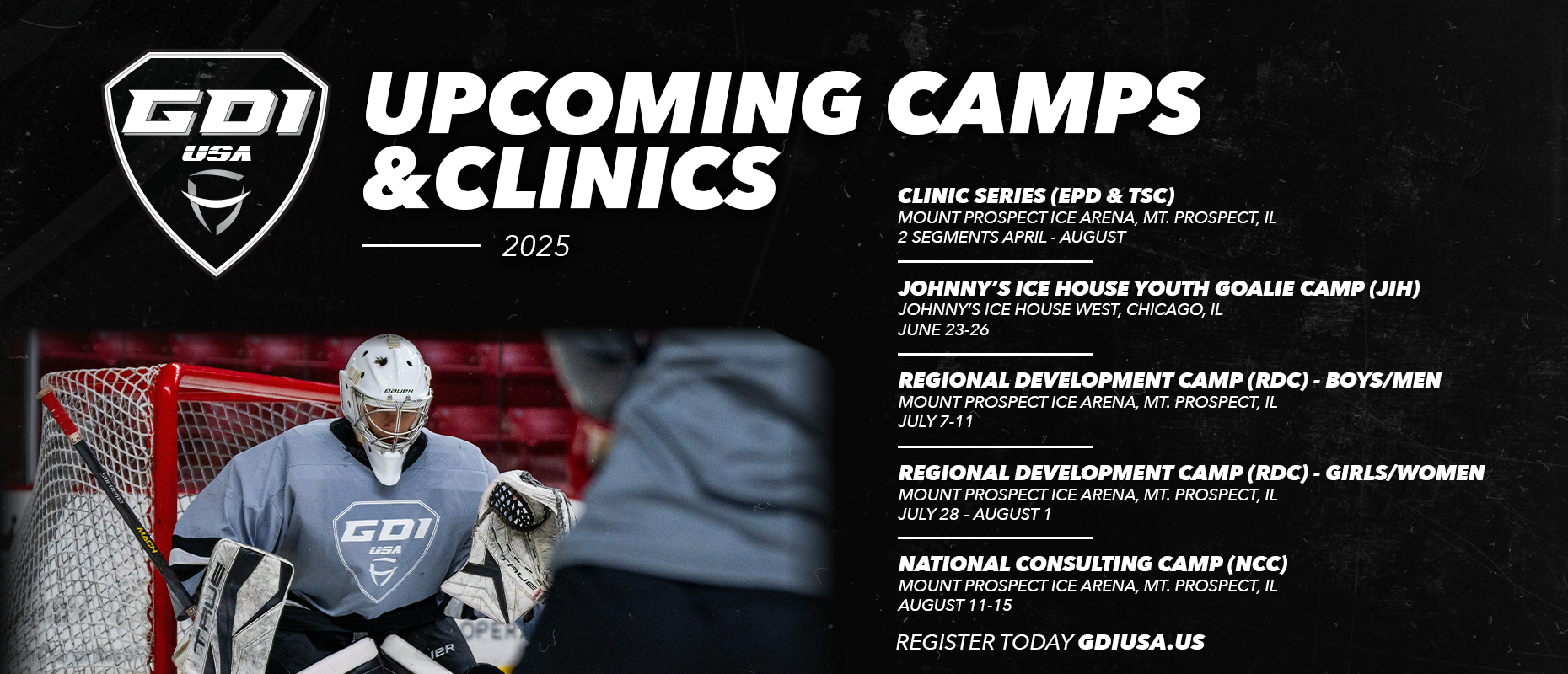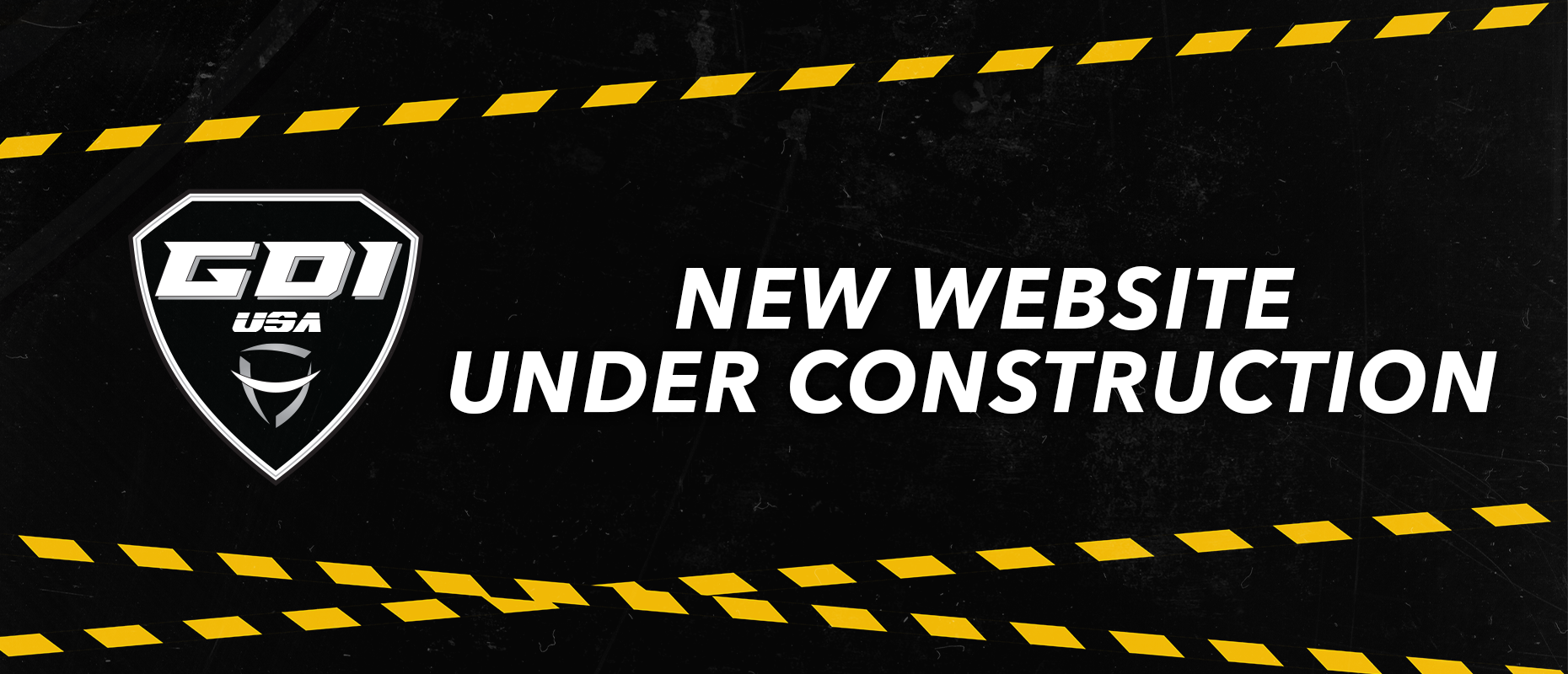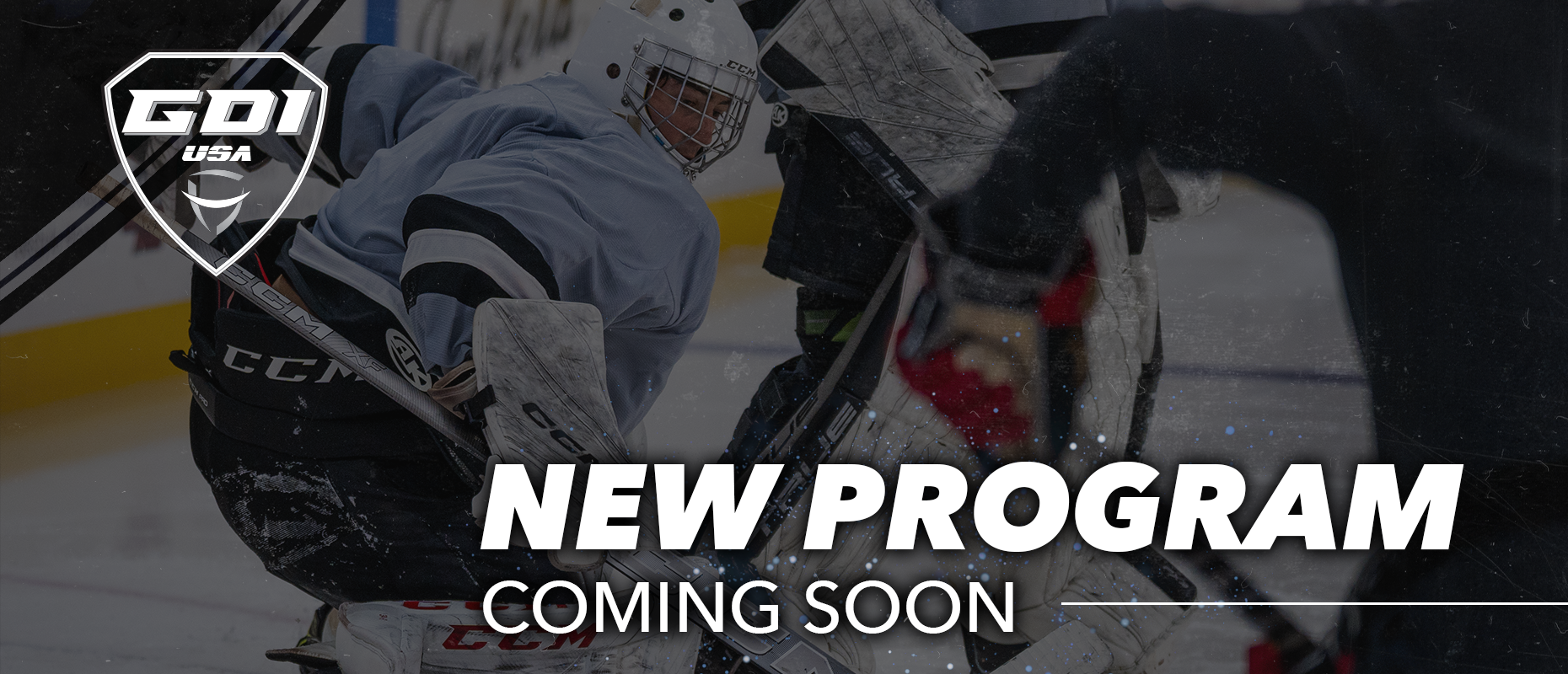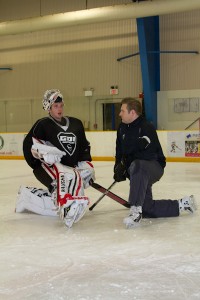For our Newsletter each quarter we will reach out to a different goaltender for the “Quarterly 5 (Q5)”. Asking 5 questions in an effort to examine the unique perspectives they have on their games.
In our 7th installment of the Q5, we spoke with a GDI legend. Now having graduated from Northeastern University with a degree in Criminal Justice, Bryan Mountain’s past, present, and future will surely intrigue you. Bryan’s legacy has been cemented in the GDI camp circles after his first summer in 1998 when it was a well known fact that an undersized student by the name of Mountain was a bigger, stronger, faster, harder working, athletic machine than anyone else to come through. He became the standard for which all fitness tests, fitness drills, and on ice efforts would be set. In fact, if a bantam aged Bryan could finish the 2 mile run before the junior goaltenders in attendance, they were made to run it again the next day…and all 16 in that group ran twice. After a career spanning the BCHL, USHL, and 5 seasons in Hockey East, Bryan has decided to pursue another path within the game. Representing players has become his new passion, and if he puts in the effort that he once did as a kid at camp, his success is guaranteed. It is our true pleasure to bring you the Q5, with Bryan Mountain!
Q1: You’ve hung up the skates for the last time. What does representing players in the future represent for you?
A: For me it represents something that I didn’t always feel I had throughout my career, and that was a champion. There were a ton of people who supported me throughout my career whether it was my family, friends, or teammates, but there were times in my career where I didn’t feel as if people within the inner circle of an organization were fighting for me. I didn’t think that anybody was against me or didn’t like me, but I didn’t think that anybody was fighting for me either, and for a goalie that can be a lonely and hopeless feeling. I believe that every player needs an advocate, outside of their family, that is willing to invest in their career and support them. This gives me the chance to do that and to help other people achieve their goals.
Q2: You were like any other kid playing the game to reach a dream; when that dream didn’t come to fruition, how did your focus shift?
A: My focus actually didn’t shift too much. I’m still using the same type of attitude and approach I used in hockey for the next chapter in my life. I always knew that even if I did reach the highest level, that the sport would eventually get me one day and I would have to stop playing. So developing a good work ethic and finding new ways to develop wasn’t just for hockey, but it was also for life after hockey too. I think my experiences taught me how to handle all types of situations, both good and bad, and taught me how to stay patient. I’m only a few months removed from my hockey career, but I’m finding out quickly that this new job is the same as the old job; just find a way to learn and get better. That’s really my main focus right now and so far the transition over has been relatively smooth.
Q3: That legendary status you achieved as an athlete defined you as a goaltender. What made you tick? What was your game made of?
A: From an athletic standpoint, with me being only 5’7, I just felt that I didn’t have much of an option and had to be a great athlete. What we see in goaltending at the pro level is an amazing combination of size and skill. As a smaller goalie I pretty much had to find a way to survive. I played a very active and aggressive style and the only way I could play that way was if I was a great skater and very powerful. At the same time, when I was growing up I was always driven by the fact that my size meant that I always had to prove myself to people. In hindsight I think this was good and bad. It was good because it was the one thing that really kept me motivated and I actually saw great results with my training on and off the ice. But as I got a bit older I realized that that attitude was counterproductive because instead of worrying about myself and my development, I was only worrying about what other people thought of me. Eventually I grew out of that, but during my development years that was a big part of what kept me going.
Q4: By the time you caught up with the GDI Southeast coaches, you were a junior in college; your all business approach was evident. How important is being professional and representing yourself properly?
A: The professional type of approach I used for hockey was just something I grew up with. My father is big on discipline and hard work, but he’s also big on staying humble and finding different ways to develop. Also growing up with an agent in the house exposed me to the pro level and a lot of pro athletes from all different sports. So from an early age I saw what a pro looked and acted like and I was able to emulate what those guys did. I think that being a professional is important because even though hockey is a game it is also a job as well. It should be fun and you should want to do it, but just like any other job you have to pay your dues and stay open to learning.
Q5: For an aspiring goaltender in today’s competitive hockey market, what advice would you give them when it comes to advancing their opportunities?
A: My advice would be when you’re looking at options for the next path in your career, is to go where you’re wanted. I think a lot of guys get caught up in the pedigree of certain leagues or teams, but none of that matters if you don’t get a great opportunity at that level. You can say you play at some high profile level or for a high profile team but it pretty much stops after that. I’ve been in these situations, and not only are they hard to deal with on a day to day basis but they can also stall the advancement of your career. There was a time in mine where I moved backwards in terms of level. Ultimately I felt that I was good enough to play Division 1 hockey, so I tried to put myself in a situation where I could play a lot and prove myself. After that I just felt that if I did my job at a high level then somebody would notice, and fortunately for me that ended up being with Northeastern. Especially as a goalie I think it’s most important to put yourself in a situation where you’ll get the most time and where a coach will value you the most as a player.
Well said! Best of luck with your dad’s long standing company, Cornerstone Management, a Philadelphia based player agency. It’s been an honor to train and coach with you, and we know the next chapter of your life will be a great journey. Be proud of your accomplishments, we certainly are. Follow Bryan and his adventures on the road scouting talent @BMountain46 on twitter.



